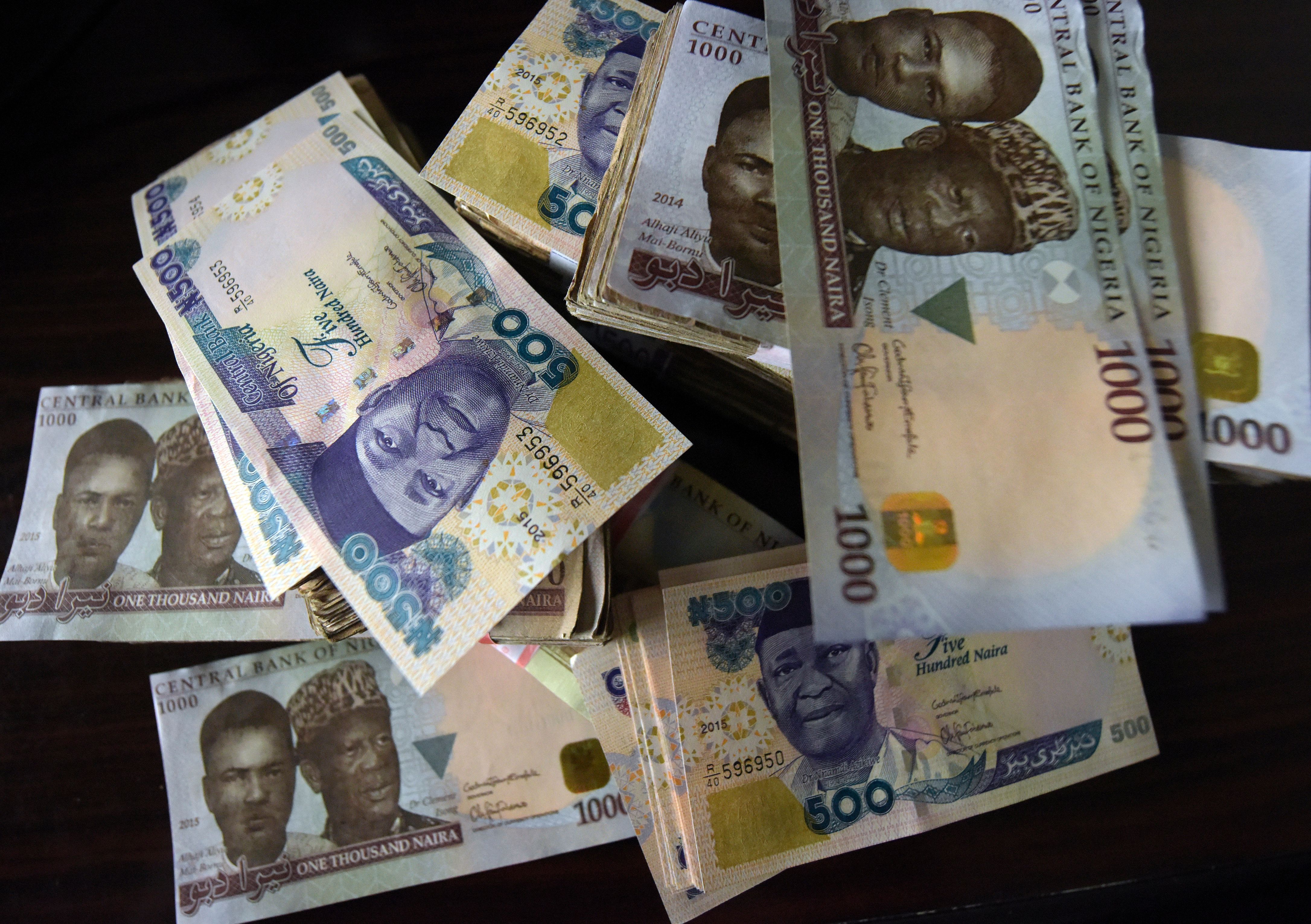Economic fallout from COVID-19 is hitting young workers so hard they risk becoming a “lockdown generation” scarred for life, with women the worst hit, the United Nations said on Wednesday.

A study by the U.N.’s International Labour Organization pointed to the “multiple shocks” young people now faced worldwide – losing work, education and training, income and the possibility of either finding or changing jobs.
The impact is even worse for young women, many employed in fragile sectors such as garment making and food services, it said, conjuring up the image of a generation stymied for life.
“There is a risk that they will be scarred throughout their working lives – leading to the emergence of a ‘lockdown generation,'” the report said.
More than one in six young people globally have stopped working since the new coronavirus hit, and those still in jobs have had their hours cut by nearly a quarter, it said.
About half of young students expect a delay in completing their studies; one in 10 expects not to finish at all, it said.
In the long term, disrupted education and training could reduce opportunities and future earnings, and the collapse of businesses will mean fewer jobs on offer, it said.
“The COVID-19 economic crisis is hitting young people – especially women – harder and faster than any other group,” said Guy Ryder, ILO’s director-general, in a statement.
“The legacy of the virus could be with us for decades. If their talent and energy is side-lined by a lack of opportunity or skills it will damage all our futures.”
Before the pandemic, three-quarters of young workers – 328 million people – were employed in the informal economy, mostly in Africa and South Asia, without benefits or the legal protections to weather an economic crisis, the study said.
Young women made up a significant portion of the sectors hard hit by the pandemic, be it hospitality, retail or the garment industry in low- and middle-income countries, it said.
With schools closed and a dearth of affordable and available childcare, young mothers are especially vulnerable, it said.

